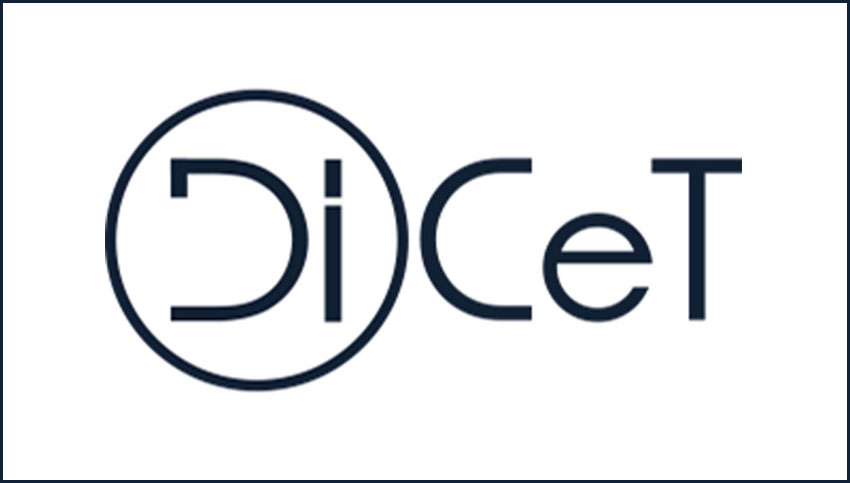Project Description
- Start date: 01/11/2012
- End date: 30/11/2015
- Duration (months): 37
- Total budget: € 29.000.000
- Lab Budget: € 260.000
- Number of partners: 9
- Partners: Consiglio Nazionale delle Ricerche (CNR), Engineering Ingegneria Informatica S.p.A., Expert System S.p.A., Open 1 S.r.l., CICII – Università del Salento, ACI Informatica, TSC Consulting, Università degli Studi “Magna Grecia” di Catanzaro, Università della Calabria.
The Living Lab in Lecce, is physically located at the Historical Museum of the City of Lecce (MUST) in the Historic Centre.
The single results that are merged within the Living Lab can be addressed as follows:
- Framework and tools for the development of new services and mobile applications from the previous developed services;
- Cloud infrastructure;
- “Social” platform enabling the collaboration and co-creation of cultural contents and co-design of cultural and touristic services;
- Services and applications for the customised fruition of cultural contents and services according to experiential and exploration logics;
- Digitization services through standard data capture techniques for heterogeneous types of cultural resources using the suitable format for adequate cataloguing activities;
- Certification services able to demonstrate the quality digitization;
- Stable exhibition highly ICTs equipped for the visualization and fruition of contents, able to provide an interactive and immersive experience for different touristic targets.
The main result covered by these tasks was the definition of a process reengineering methodology in order to identify the main criticalities affecting the optimisation of the whole process. This research was based on a case study methodology that involved a group of archaeologists working on an archaeological excavation and exploited the main basis of the Business Process Management approach. After the process modelling it was possible to provide a set of guidelines for the standard collection and storage of digital data within a web application designed and developed according to the standards provided by the experts on the field.
The following step was the design and implementation of a mobile application for the real time fruition of the archaeological excavation. The mobile application is able to provide an interactive map of the area of interest and the highlights of some points of interest according to the real timeline. Each points of interest includes textual and visual information, pieces of documentation and storytelling about the historical knowledge of the archaeological site.
For more information please contact: Laura Schina (laura.schina@unisalento.it)

